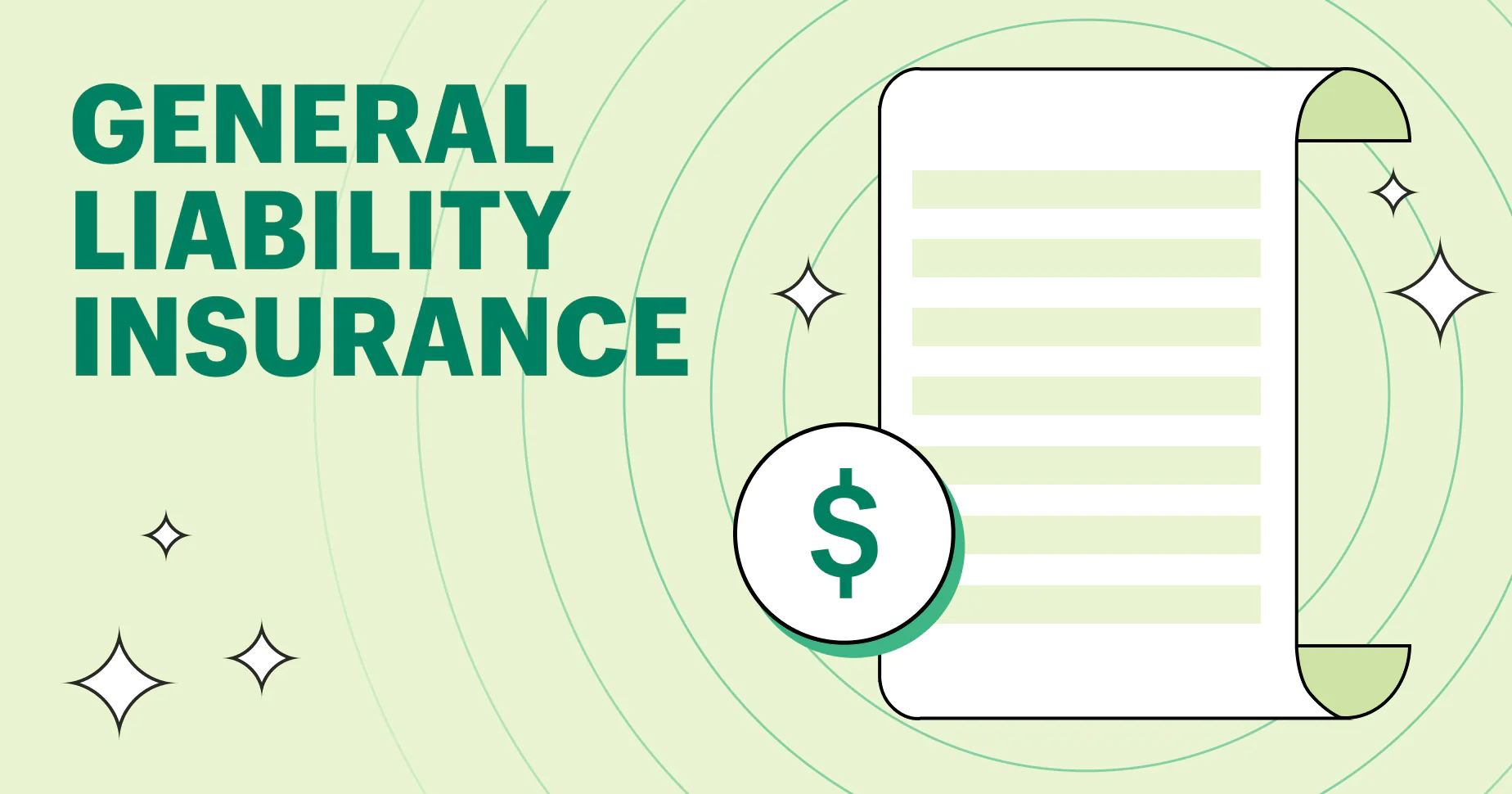The Impact of General Liability Insurance on Your Business
Starting a business involves taking on various risks, both known and unforeseen. To safeguard your venture, it's crucial to have the right protection in place. One essential component of business risk management is obtaining general liability insurance. This article explores the impact of general liability insurance on your business, highlighting its importance, coverage areas, common claims, factors to consider, and tips for maximizing its benefits.
Running a business entails dealing with a multitude of uncertainties, and while risk is an inherent part of entrepreneurship, it's wise to mitigate potential liabilities. General liability insurance is designed to protect businesses from financial losses arising due to third-party claims. Whether you're a small startup or an established enterprise, understanding the impact of this insurance coverage can significantly contribute to the success and longevity of your business.
Understanding General Liability Insurance
liability insurance coverage is a type of business insurance that provides coverage for legal liabilities arising from accidents, injuries, or property damage caused by your business operations. It acts as a safety net, shielding your business from financial burdens that may result from lawsuits or claims made by customers, clients, or other third parties.
Importance of General Liability Insurance for Businesses
Financial Protection
As a business owner, one of your primary concerns is protecting your assets. General liability insurance plays a crucial role in safeguarding your finances by covering legal expenses, settlements, or judgments that may arise from covered claims. Without this protection, a significant liability claim could potentially bankrupt your business.
Legal Coverage
Businesses are vulnerable to lawsuits, and the costs associated with legal defense can be exorbitant. General liability insurance offers legal coverage, paying for attorney fees, court costs, and other legal expenses. This allows you to focus on running your business instead of worrying about mounting legal bills.
Reputation Management
A single incident or accident can tarnish your business's reputation, resulting in a loss of trust and potential customers. liability cover insurance not only provides financial protection but also helps manage your business's reputation by addressing claims promptly and professionally. This proactive approach demonstrates your commitment to resolving issues, which can help maintain customer loyalty.
Coverage Areas of General Liability Insurance
General liability insurance covers various areas of potential liability, ensuring comprehensive protection for your business. The key coverage areas include:
Bodily Injury
Accidents happen, and if someone is injured on your business premises or due to your operations, general liability insurance can cover medical expenses, rehabilitation costs, and even legal fees resulting from the incident.
Property Damage
Your business activities might inadvertently cause damage to someone else's property. Whether it's accidental damage to a client's property or damage caused during the course of providing services, professional indemnity can cover the costs of repairs or replacement.
Personal Injury
Personal injury claims can arise from non-physical harm caused by your business, such as false arrest, malicious prosecution, or invasion of privacy. General liability insurance can provide coverage for legal defense costs and potential settlements in such cases.
Advertising Injury
If your advertising efforts inadvertently infringe on someone's copyright, use misleading information, or make false claims about a competitor, general liability insurance can help protect your business against resulting lawsuits or claims.
Common Claims Covered by General Liability Insurance
General liability insurance addresses a wide range of common claims that businesses may face. Some of the most frequent claims covered by this insurance include:
Slip and Fall Accidents
Slip and fall accidents can occur on your business premises, and if a customer or visitor gets injured, they may file a claim seeking compensation for medical expenses, lost wages, or pain and suffering. General liability insurance can cover these claims, protecting your business from financial strain.
Product Liability
If your business manufactures or sells products, there's a risk of those products causing harm to consumers. Product liability claims can arise due to defects, inadequate warnings, or failure to meet safety standards. general liability insurance coverage can help cover the costs associated with these claims.
Libel and Slander
In today's digital age, reputation is everything. Accusations of libel or slander can damage your business's reputation and result in legal actions. General liability insurance can provide coverage for such claims, including legal defense costs and potential settlements.
Copyright Infringement
Using copyrighted material without permission or proper licensing can lead to copyright infringement claims. Whether it's using images, written content, or other copyrighted material, general liability insurance can help protect your business from the financial consequences of these claims.
Factors to Consider When Choosing General Liability Insurance
When selecting general liability insurance for your business, it's essential to consider the following factors:
Industry-specific Risks
Different industries have varying levels of risk exposure. Understanding the specific risks your business faces allows you to tailor your insurance coverage accordingly. For example, a construction company may need coverage for property damage caused by heavy machinery, while an e-commerce business might require protection against cyber liability.
Policy Limits and Deductibles
Policy limits and deductibles determine the maximum amount your insurance policy will pay and the amount you need to pay out of pocket before the coverage kicks in. Assess your business's risk profile and financial capabilities to select appropriate policy limits and deductibles.
Additional Coverage Options
Depending on your business's unique needs, you may require additional coverage beyond general liability insurance. Consider options like professional liability insurance, cyber liability insurance, or employment practices liability insurance to provide comprehensive protection for your business.
How General Liability Insurance Works
Understanding how general liability insurance works is crucial for making the most of this coverage. Here's a breakdown of the key aspects:
Filing a Claim
In the event of an incident or claim, promptly notify your insurance provider and provide them with all relevant information and documentation. Your insurance company will guide you through the claim process and assess the validity of the claim. If the claim is covered, your insurer will handle legal expenses, settlements, or judgments within the policy limits.





